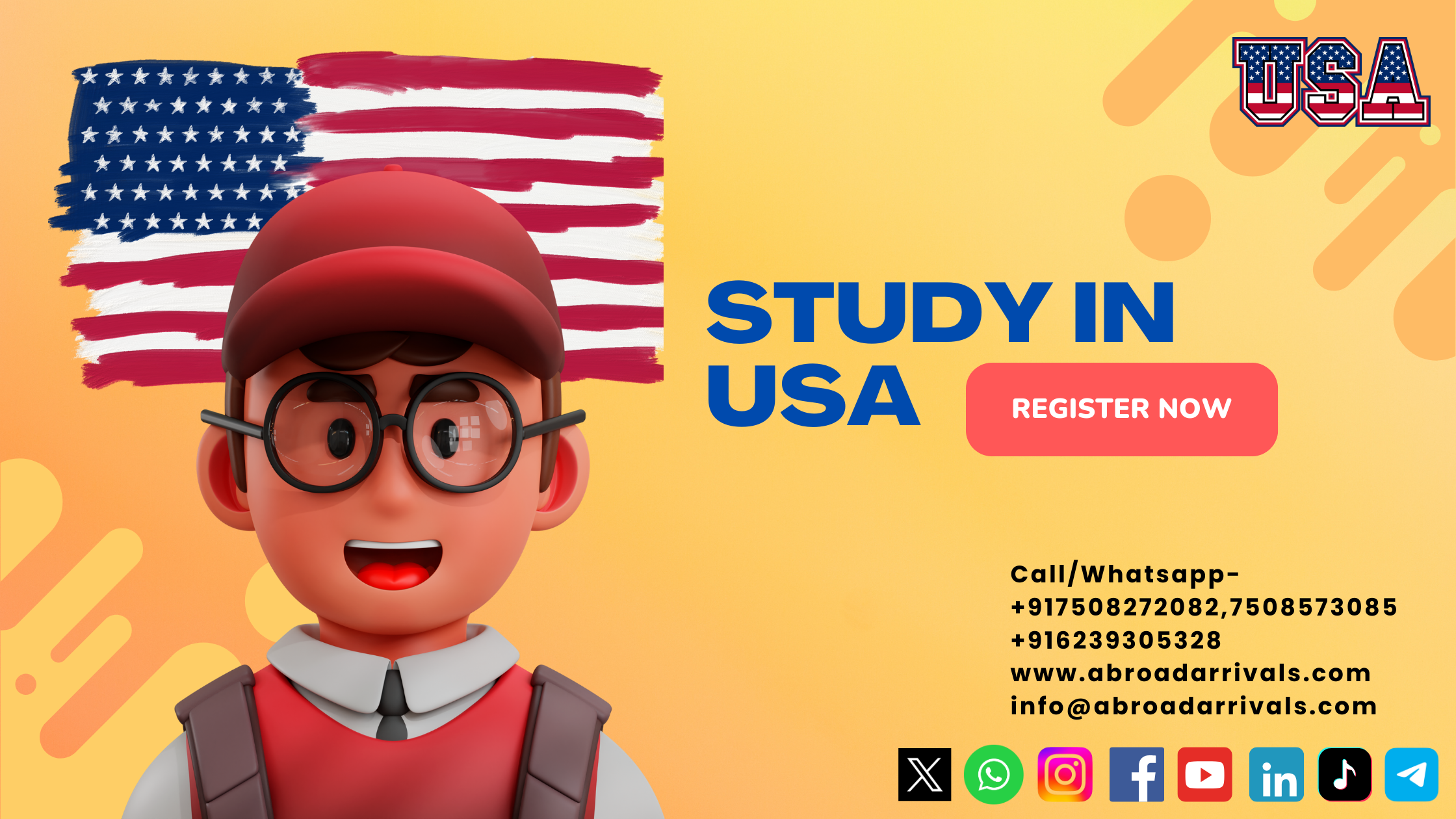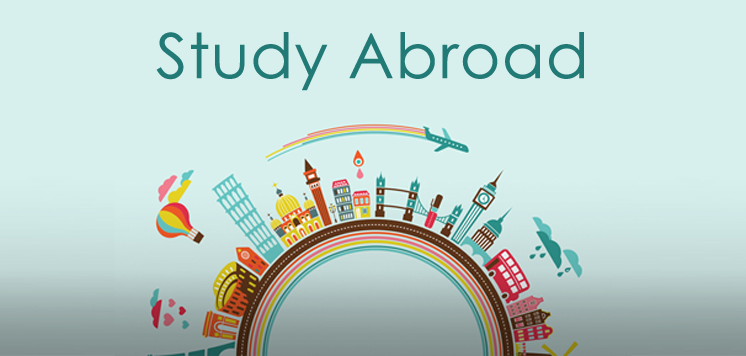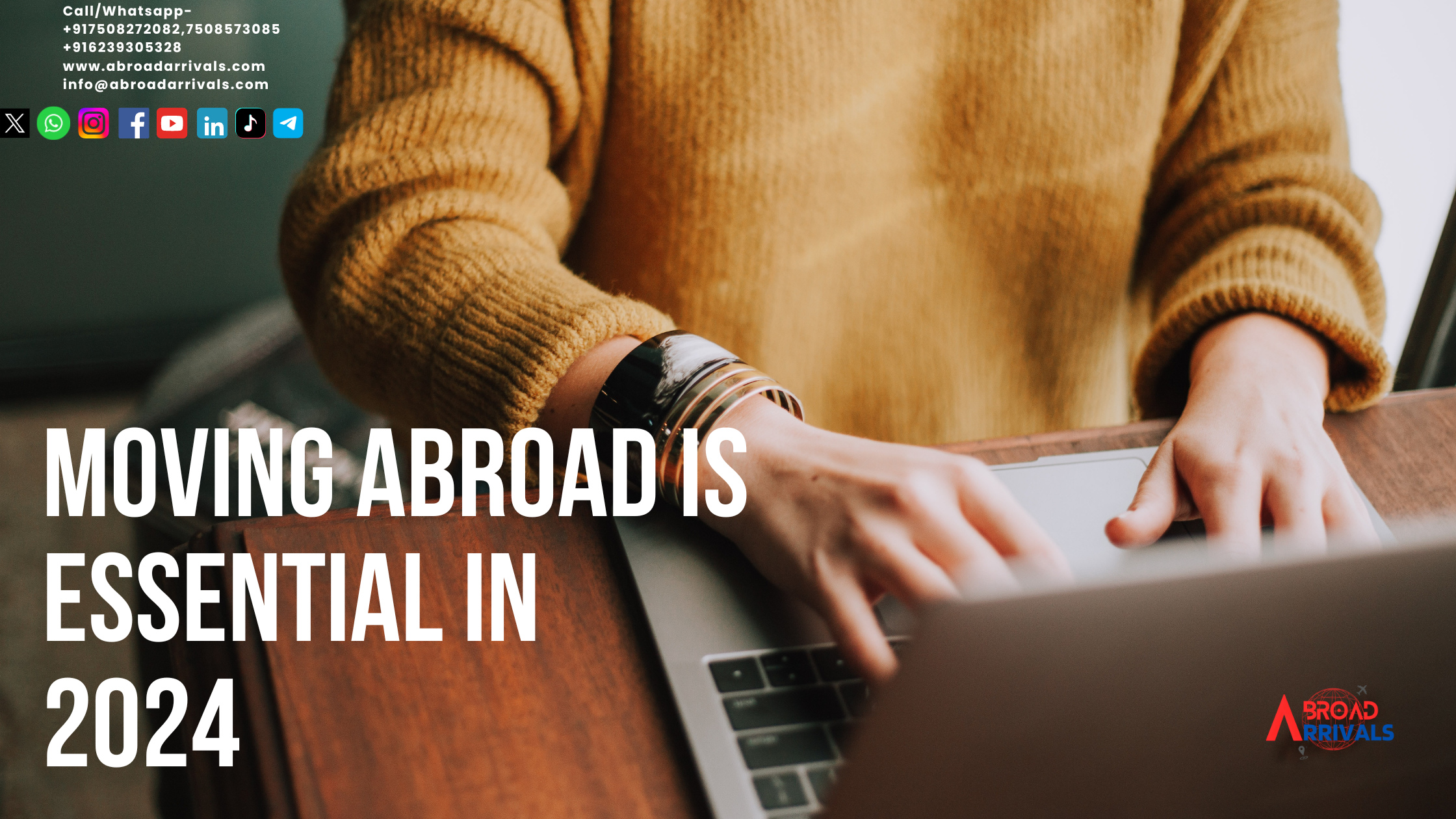U.S.A Study Visa: Requirements, Chances, and Tips
abroadarrivals.com
June 26, 2024

Pursuing higher education in the United States is a dream for many students around the world, offering access to top-tier universities, diverse cultural experiences, and unparalleled career opportunities. However, to study in the U.S., you must obtain a student visa. This blog will walk you through the requirements, application process, and tips to improve your chances of securing a U.S. study visa.
Types of Australian Visas and Requirements

Are you considering immigrating to the United States? Let us help you navigate the process smoothly. At Abroadarrivals, our experienced team offers personalized guidance and support for your immigration needs, from visa applications to green card petitions. Contact us today at call/Whatsapp
+917508272082, +917508573082, +916239305328
or mail us at info@abroadarrivals , abroadarrivals@gmail.com
to start your journey towards a new life in the land of opportunity.
Yadwinder Singh- CEO Abroadarrivals
Understanding the U.S. Study Visa
The U.S. offers three types of student visas:
- F-1 Visa: For academic studies at an accredited U.S. college or university, or to study English at an English language institute.
- J-1 Visa: For participation in an exchange program, including high school and university study.
- M-1 Visa: For non-academic or vocational studies.
The F-1 visa is the most common for international students pursuing full-time academic programs.
Requirements for a U.S. Study Visa
Acceptance at a SEVP-Approved School: You must first apply and be accepted to a Student and Exchange Visitor Program (SEVP)-approved school in the U.S. Once accepted, you will receive a Form I-20 (Certificate of Eligibility for Nonimmigrant Student Status).
Pay the SEVIS Fee: After receiving the Form I-20, you must pay the SEVIS (Student and Exchange Visitor Information System) fee. This fee is mandatory and must be paid before your visa interview.
Complete the DS-160 Form: The DS-160, Online Nonimmigrant Visa Application form, is required for all nonimmigrant visa applicants. This form collects your personal, educational, and travel information.
Pay the Visa Application Fee: Pay the non-refundable visa application fee. Keep the receipt as you will need it for your visa interview.
Schedule and Attend a Visa Interview: Schedule an appointment for a visa interview at the U.S. embassy or consulate in your home country. The wait times for interview appointments vary, so it is advisable to schedule early.
Prepare Required Documentation: Gather all necessary documents for your visa interview, including:
- Valid passport
- Form DS-160 confirmation page
- Visa application fee payment receipt
- Form I-20
- SEVIS fee payment receipt
- Passport-sized photo
- Transcripts and diplomas from previous institutions
- Standardized test scores (e.g., TOEFL, SAT, GRE)
- Proof of financial ability to cover tuition and living expenses
- Evidence of strong ties to your home country (to prove intent to return)
Visa Interview: What to Expect
The visa interview is a crucial part of the application process. Here are some tips to help you prepare:
- Be Honest and Confident: Answer all questions truthfully and confidently. The consular officer will ask about your study plans, your chosen institution, and your post-graduation intentions.
- Demonstrate Financial Stability: Show that you have sufficient funds to cover your tuition, living expenses, and other costs during your stay in the U.S.
- Prove Ties to Your Home Country: Convince the consular officer that you intend to return to your home country after completing your studies. This can include family ties, job offers, property ownership, or future career plans.
- Practice Common Questions: Practice answering common interview questions, such as why you chose a particular university, your field of study, and your future plans.
Improving Your Chances of Approval
- Strong Academic Record: A solid academic background and high standardized test scores can strengthen your application.
- Clear Study Goals: Be clear about your academic and career goals and how studying in the U.S. fits into those plans.
- Financial Proof: Provide detailed financial documents showing your ability to pay for your education and living expenses.
- Well-Prepared Documents: Ensure all your documents are complete, accurate, and well-organized.
- Professional Help: Consider consulting with an educational consultant or immigration lawyer for guidance.
Conclusion
Securing a U.S. study visa requires careful preparation and a thorough understanding of the requirements and process. By meeting the eligibility criteria, preparing for the visa interview, and demonstrating your intent to return to your home country, you can significantly improve your chances of obtaining a student visa. With the right approach, you can embark on an exciting academic journey in the United States, gaining valuable education and experiences that will shape your future.
How Abroadarrivals Can Help:
- Expert Guidance: In-depth information on visa options and eligibility.
- Application Assistance: Help with preparing and submitting visa applications.
- Job Search Support: Assistance with finding suitable job opportunities.
- Relocation Services: Support with settling into your new country.
Ready to embark on your international career journey? Contact us today and let’s turn your aspirations into reality!
🌐 Visit our website: abroadarrivals.com 📞 Call/WhatsApp: +917508272082, +917508573085,+916239305328
#WorkAbroad #GlobalCareer #VisaOptions #InternationalEmployment #AbroadArrivals #yadwindersingh #abroadwithyaad



